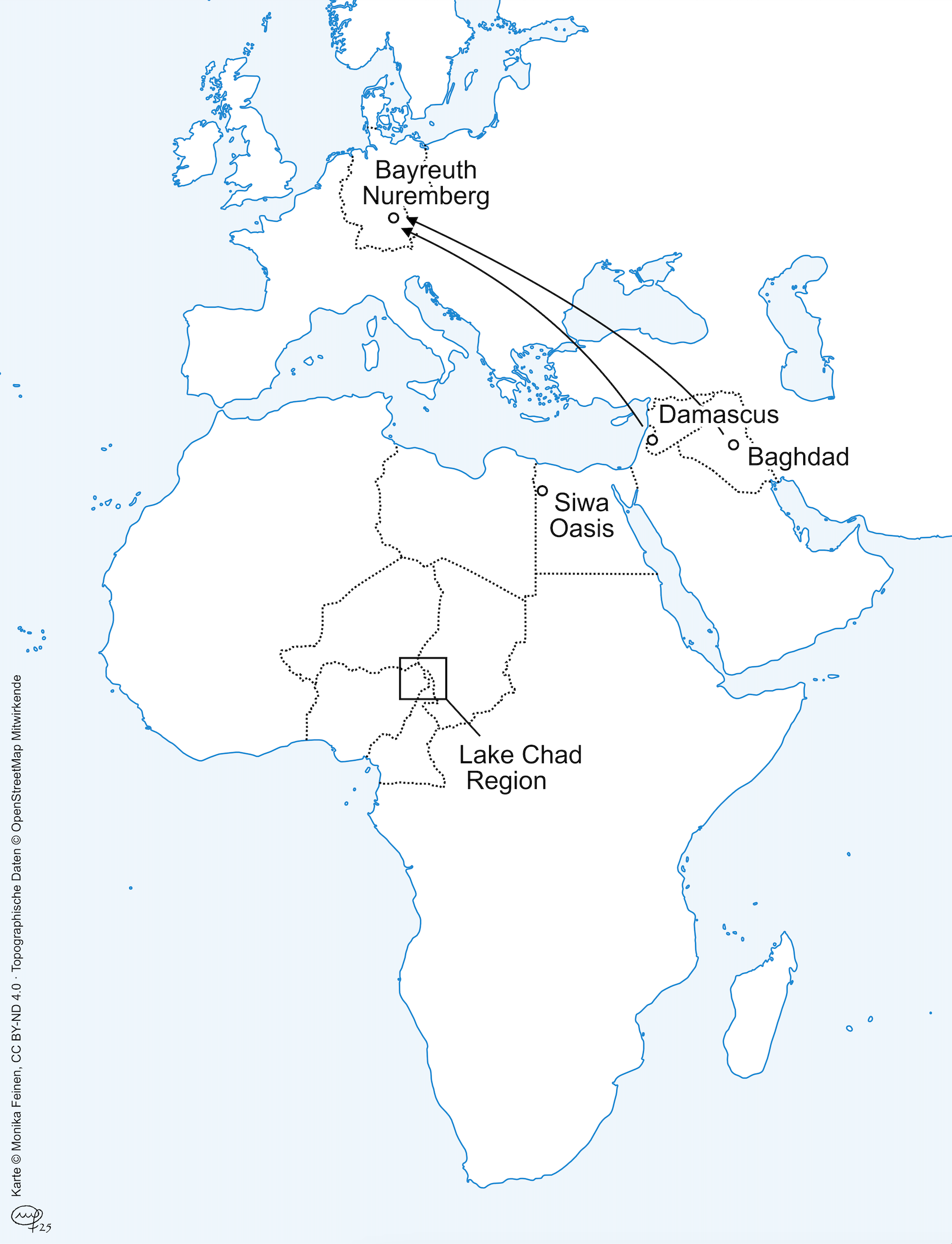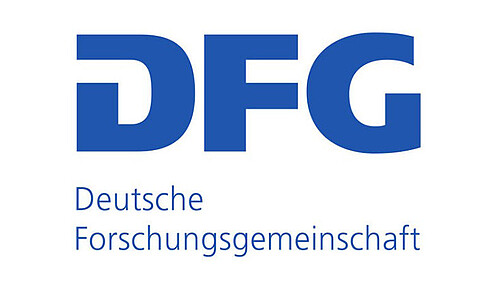Modernity, Migration and Minorities: Three Case Studies of Arabic in Contact

General summary
Over the past fifty years, the Arab-speaking world has experienced an enormous rural-urban and urban-urban migration which have brought dialects into contact which historically had little or no contact. This project used variationist sociolinguistic methodology to investigate three case studies exemplifying different situations and outcomes of migration. The studies are based on demographically stratified corpora. Oral interviews were recorded, transcribed, tagged, and subjected to standard quantitative sociolinguistic analysis. They document different scenarios of Arabic dialect contact. The Siwan study demonstrated the vitality of the local (Shahibi) Arabic and the large diffusion of supra-local (Cairene) Arabic features. In the NE Nigerian study the stability of a rural dialect even under the duress of forced migration is documented. The study of Syrian and Iraqi Arabic among refugees in Germany documents incipient contact-induced changes within the framework of a pre-koineization stage. Overall, the project shows that minority group contexts are characterized by a relative stability and maintenance of ancestral linguistic norms, despite supralocalization or pre-koineization phenomena being discernable. The empirical studies conducted contribute to an enhanced typologization of language change in the Arab-speaking world focusing on groups with a minority status, one factor that has not received much attention as a general independent variable in Arabic sociolinguistics.
- InvestigatorsHide
-
- FundingHide
-

DFG Deutsche Forschungsgemeinschaft, Project SE 3049/1-1
- ConferencesHide
-
- Arabic in Africa: Historical and Sociolinguistics Perspectives, April 12-14, 2023
- Arabic Sociolinguistics and Dialectology: Taking Stock, July 10-11, 2025
Program
- Project-related publicationsHide
-
- Final DFG Report: Modernity, Migration and Minorities : Three Case Studies of Arabic in Contact.
- Adler, J., Scholle, C., Buschek, D., Brandizzi, N., and Adnan, M. 2024. User-centered design of digital tools for sociolinguistic studies in under-resourced languages. FieldMatters 2024: Third Workshop on NLP Applications to Field Linguistics.
- Adnan, M. (in preparation). Arabic in Transition: Contact-Induced Language Change within the Iraqi and Syrian Diaspora in Germany (Dissertation, Universität Bayreuth, Sprach- und Literaturwissenschaftliche Fakultät).
- Adnan, M., and Brandizzi, N. 2023. CorpusCompass: A tool for data extraction and dataset generation in corpus linguistics [computer program]. In: Proceedings of the Ninth Italian Conference on Computational Linguistics. CEUR-WS.org. https://ceur-ws.org/Vol-3596/paper2.pdf
- Adnan, M., and Owens, J. 2025. Imperfect verbal prefixes as discourse markers. In: Perspectives on Arabic Linguistics XXXV, 158-179. Amsterdam: John Benjamins. DOI: 10.1075/sal.14.07adn.
- Neuhausen, M., and Adnan, M. 2024. Fieldwork Challenges in Diaspora Communities: Arabic Speakers in Germany and Pennsylvania German Speakers in Canada. Linguistics in Amsterdam, Vol. 15.
- Owens, J. 2022. Arabic language contact. In S. Mufwene and A.M. Escobar (Eds.). The Cambridge handbook of language contact, 382-426. Cambridge: CUP.
- Owens, J. 2023. Arabic and the case against linearity in historical linguistics. Oxford: OUP (esp. chapters 8-11).
- Schiattarella, V. and Serreli, V. 2024. Multifunctional Markers in a Contact Situation: Bass and ġayr in and between Arabic and Berber. Journal of Language Contact, 17(4), 795-844. https://doi.org/10.1163/19552629-01704007
- Serreli, V. Minority languages and intergroup communication: the case of Siwi (Amazigh) in Egypt. Toronto Working papers in Linguistics. Special Issue on Arabic Sociolinguistics: New trends and perspective, ed. Atiqa Hachimi. (under review)
- Final DFG Report: Modernity, Migration and Minorities : Three Case Studies of Arabic in Contact.
